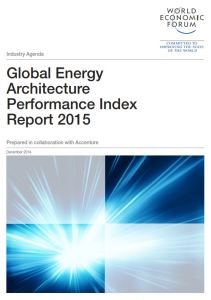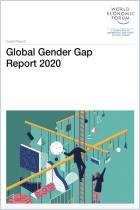Embora a classificação indique a qualidade de um livro de acordo com nossos dois critérios principais, ela não diz muito sobre suas características definidoras específicas. Portanto, utilizamos um conjunto de 20 qualidades para caracterizar cada livro de acordo com os seus pontos fortes:
Aplicável – Você vai receber conselhos que podem ser aplicados diretamente no local de trabalho ou em situações cotidianas.
Analítico – Você vai entender o funcionamento interno do assunto.
Conhecimento Contextualizado – Você vai obter conhecimentos contextuais como um modelo para ação ou análise consciente.
Controverso – Você vai ser confrontado com opiniões capazes de gerar debates fervorosos.
Audaz – Você vai encontrar argumentos que podem romper com perspectivas predominantes.
Abrangente – No resumo vão ser abordados todos os aspectos do assunto.
Exemplos Práticos – Você vai receber conselhos práticos ilustrados com exemplos práticos ou histórias do mundo real.
Eloquente – Você vai desfrutar de um texto extremamente bem escrito ou apresentado.
Cativante – Você vai querer ler ou assistir o conteúdo até o final.
Revelador – Você vai ter acesso a ideias altamente surpreendentes.
Para Iniciantes – Você vai encontrar uma boa cartilha caso seja um aprendiz com pouca ou nenhuma experiência/conhecimento prévio.
Para Especialistas – Você vai obter os conhecimentos ou instruções de alto nível que necessita como especialista.
Hot Topic – Você vai estar no meio de uma questão altamente debatida.
Inovativo – Você vai receber ideias e insights mais recentes sobre novos produtos ou tendências.
Conhecimento de Causa – Você vai ter o privilégio de aprender com alguém que conhece profundamente o assunto.
Inspirador – Você vai querer colocar em prática imediatamente o que acabou de ler.
Panorama Geral – Você vai receber uma abordagem ampla do assunto, na qual todos os seus principais aspectos são mencionados.
Baseado na Ciência – Você vai obter fatos e números baseados em pesquisas científicas.
Visionário – Você vai ter uma ideia do futuro e do que isso pode significar para a sua vida.
Bem-estruturado – Você vai receber um conteúdo particularmente bem organizado para facilitar o seu entendimento ou aplicação.






























































Comment on this summary or Iniciar a Discussão